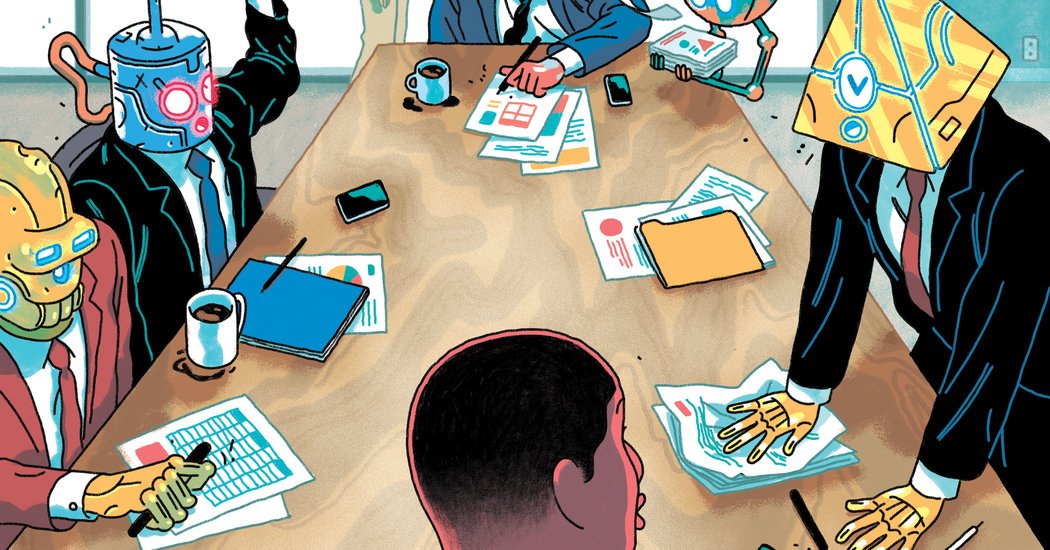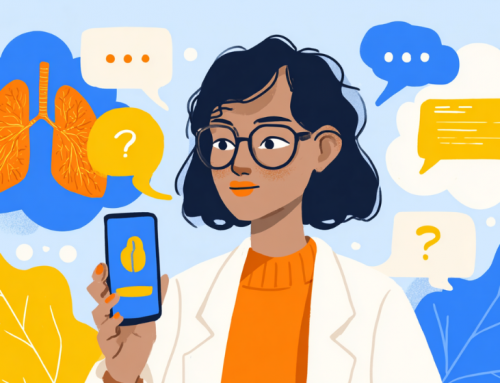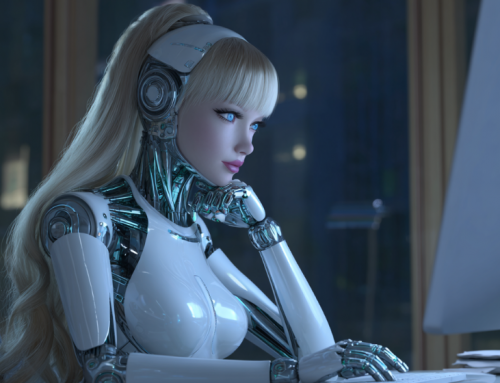
The changing job market will begin changing even more radically in the near future.
The Reality of Robots
The New York Times published a story by Alex Williams on Dec. 11th that explains in detail how certain professions that might once have seemed impervious to the rise in robotics or AI are now at risk of obsolescence. In his opening, Williams says his own children see the future:
Like a lot of children, my sons, Toby, 7, and Anton, 4, are obsessed with robots. In the children’s books they devour at bedtime, happy, helpful robots pop up more often than even dragons or dinosaurs. The other day I asked Toby why children like robots so much.
“Because they work for you,” he said.
What I didn’t have the heart to tell him is, someday he might work for them — or, I fear, might not work at all, because of them.
What jobs can you think of that you feel are safe from AI or robotic replacements?
Medicine, Law, Chicken Farming? All are threatened with the reality that machines can do the jobs faster, more accurately and cheaper than the current mode of operation. For example:
Robots already assist surgeons in removing damaged organs and cancerous tissue, according to Scientific American. Last year, a prototype robotic surgeon called STAR (Smart Tissue Autonomous Robot) outperformed human surgeons in a test in which both had to repair the severed intestine of a live pig.
Programs are in use that can perform a magnetic-resonance test of blood flow in a heart in 15 seconds, where it would take a human 45 minutes to do the same task.
In the legal profession:
Software programs are already being used by companies including JPMorgan Chase & Company to scan legal papers and predict what documents are relevant, saving lots of billable hours. Kira Systems, for example, has reportedly cut the time that some lawyers need to review contracts by 20 to 60 percent.
In the airline industry, pilots will tell you that while piloting a commercial Boeing 777, , pilots spend about 7 minutes actually flying the jet, while the computer takes care of the rest of the flight, according to a survey taken in 2015. Driverless cars will lead to pilotless planes in the not-too-distant future. And when these autonomous vehicles become everyday tools of our lives, they will produce other benefits, such as lower insurance rates, or lowering the price of a plane ticket. Wishful thinking? Possibly. But it would be very possible for almost any industry or business to find substantial savings with AI’s assistance.
The list of industries using AI and using it successfully grows almost daily. Nearly every profession can be directly affected or closely connected to AI, Robotics, the IOT and quantum computing. The article was not meant to depress or frighten, but rather as a wake-up call. It affects not just current our professions, but those of our children’s, and their quickly evolving employment opportunities.







Leave A Comment